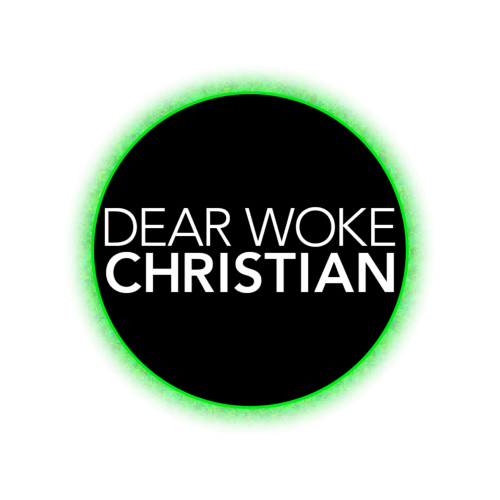Peggy McIntosh’s essay on White Privilege argues that white people benefit from a system of privilege that is often invisible to them. The author uses personal examples to illustrate how being white grants advantages in areas such as education, housing, and employment and suggests that acknowledging this privilege is the first step towards dismantling it.
As a Christian, I find this premise problematic. The idea of privileging one group of people over another goes against the biblical principle of treating all people as equals in the eyes of God. McIntosh’s argument seems to suggest that white people should feel guilty or ashamed of their skin color, which is not a healthy or productive way to approach issues of race.
Furthermore, McIntosh’s essay does not take into account the many factors that contribute to success and disadvantage in society. While it is true that being white can confer advantages in certain situations, there are many other factors that come into play, such as socioeconomic status, geographic location, and personal connections.
Finally, the concept of white privilege is not a universal truth. There are many white people who struggle with poverty, discrimination, and other forms of disadvantage. To suggest that all white people benefit from privilege is simplistic and ignores the complexity of individual experiences.
In conclusion, while Peggy McIntosh’s essay on White Privilege brings attention to important issues surrounding race and inequality, as a Christian, I find the premise problematic and oversimplified. It is important to acknowledge and address issues of systemic racism and inequality, but not at the expense of demonizing or shaming one particular group of people.
